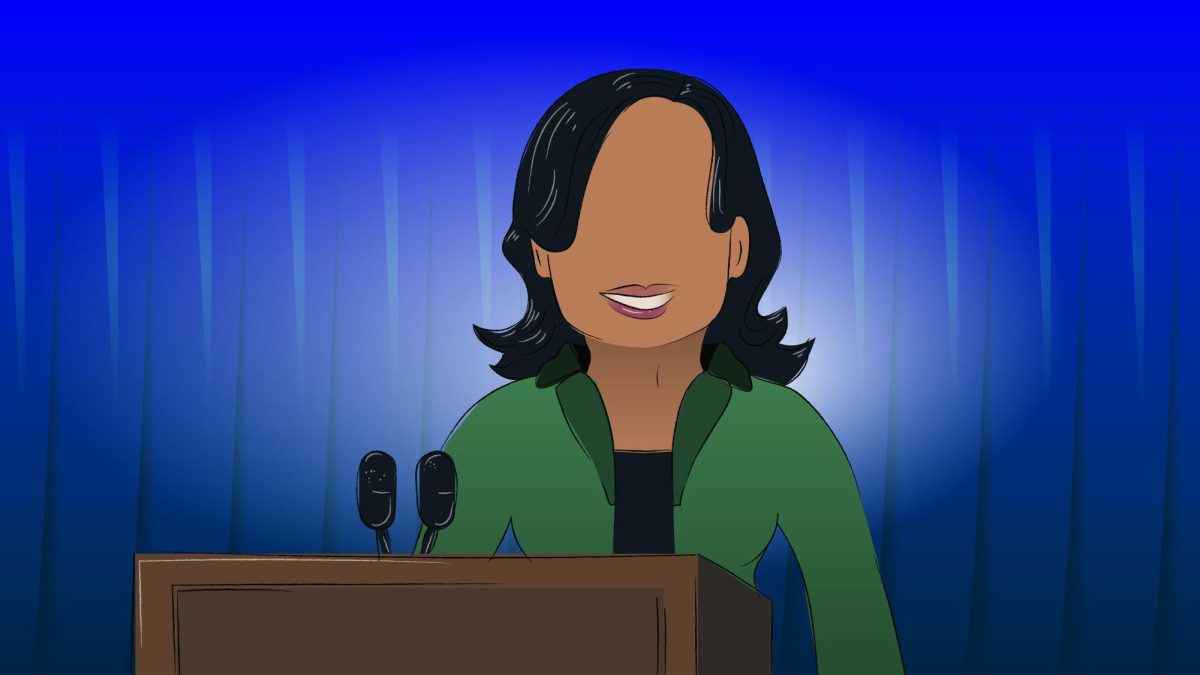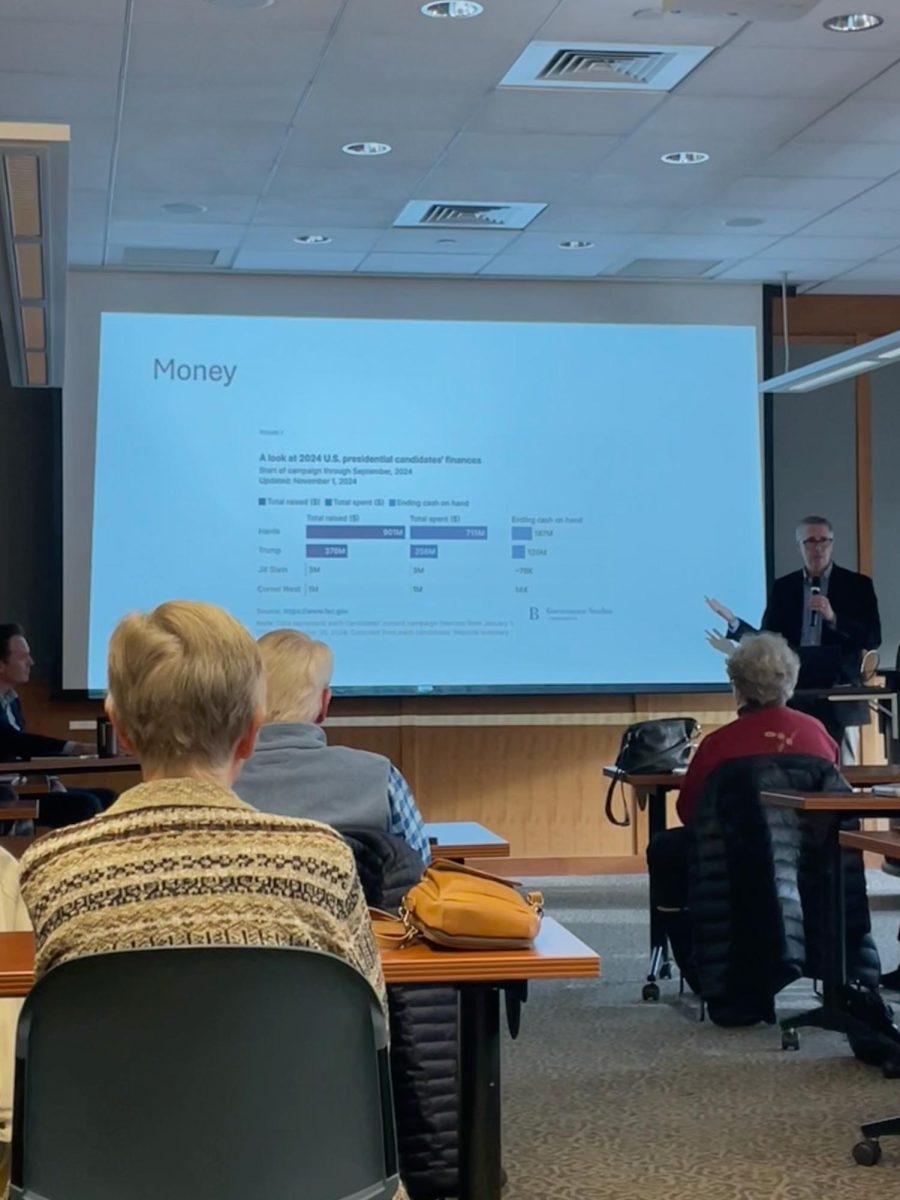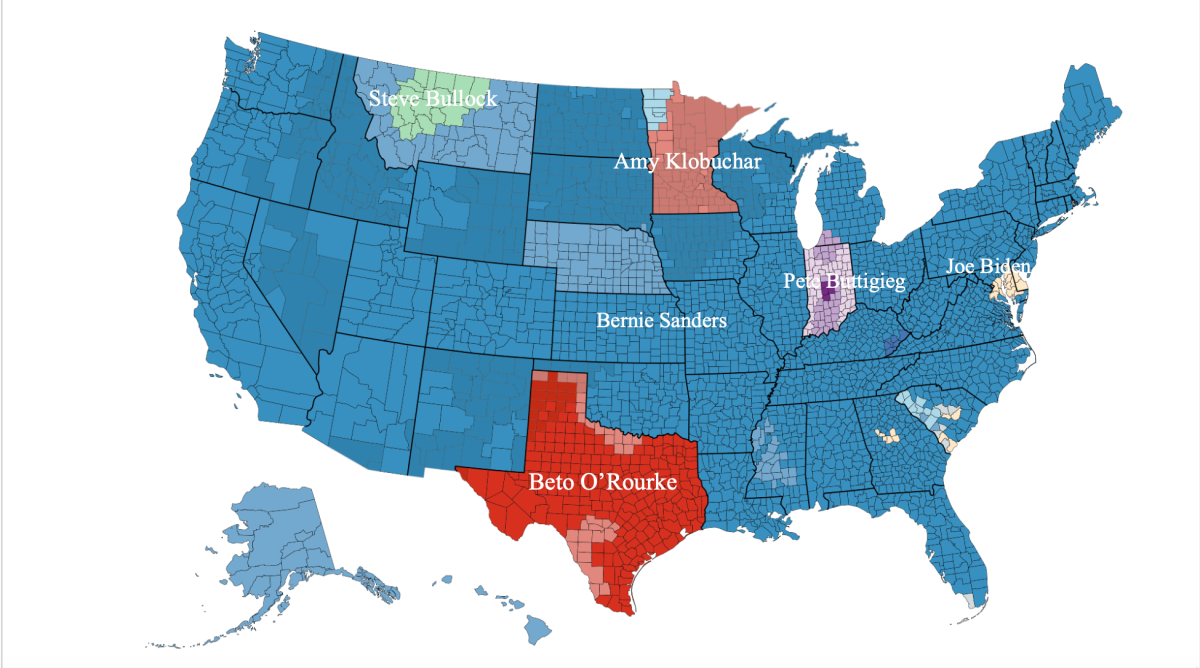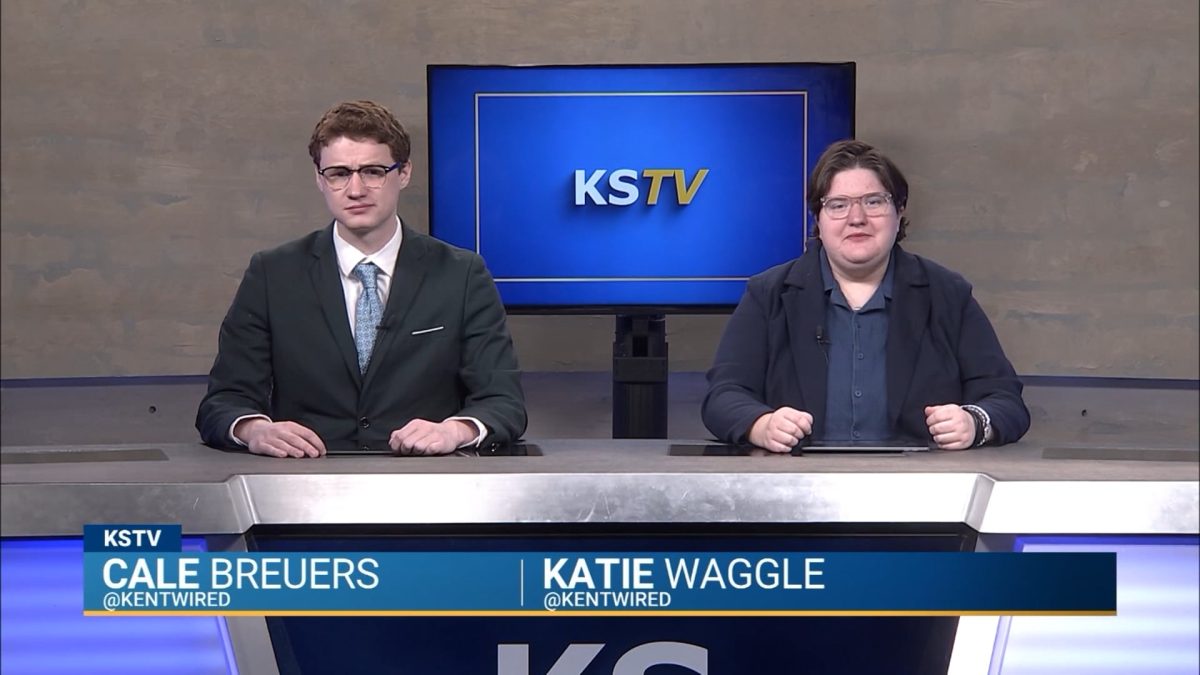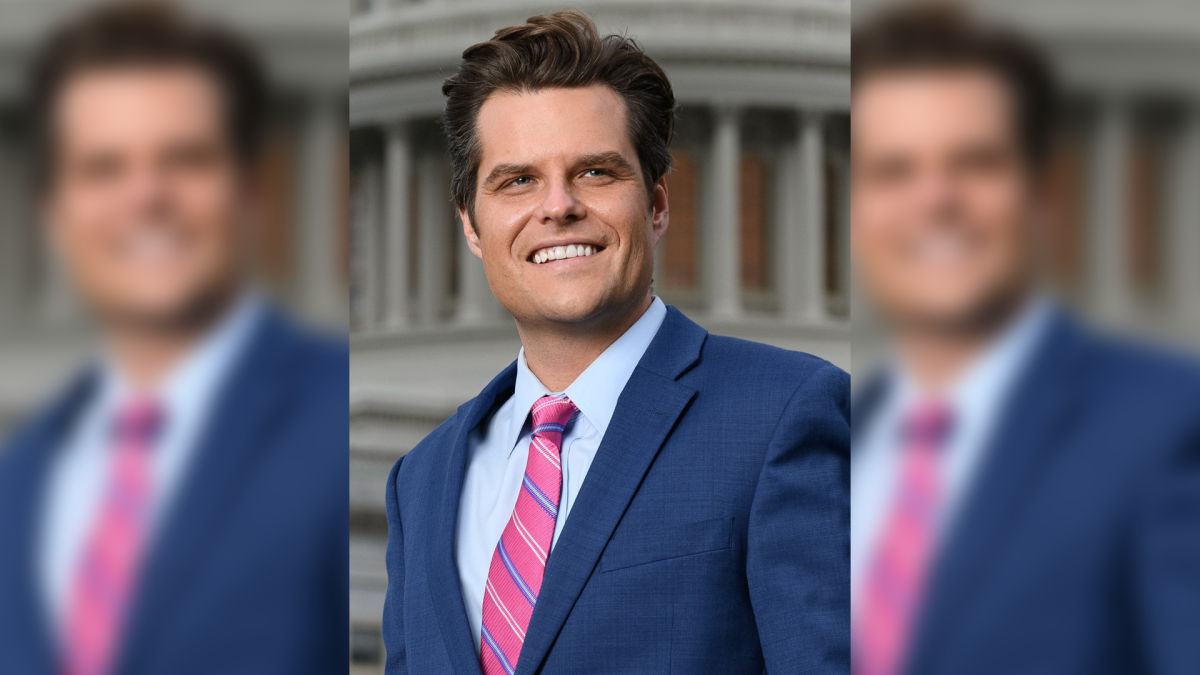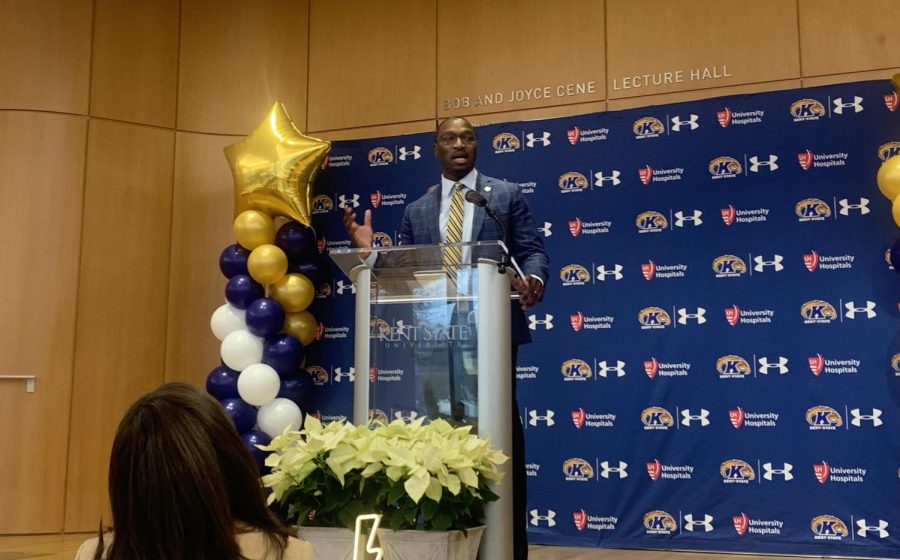Growing up in India, Sonia Karkare, program coordinator for the Women’s Center and faculty and doctoral student, witnessed female leadership all around her from her family to Indira Gandhi, the prime minister at the time.
She said this representation encouraged her to advocate for herself and others, as she believes to advocate for others she had to be able to stand up for herself.
“As I carried my advocacy, along the way, I took others with me,” Karkare said. “So if I could open the door for someone else, I did.”
As the U.S presidential election approaches, women consider the significance of the first female taking office and the doors this could open for them.
Seeing a female lead India, Karkare always believed she was capable of being a leader herself.
“I grew up knowing it was completely possible, that if I wanted to stand perhaps I might have a chance,” Karkare said.
In the United States the presidency has historically been held by men, causing women to dismiss the idea of running for office. In a study conducted by American University in 2013, they reported over 50% of women were more likely than men to assert they would never run for positions in government offices.
The assumption that leadership roles are meant for men make female representation in positions of power important, said Shannon Brown, Undergraduate Student Government president and third-year psychology major.
During this year’s Convocation, Jessie Starkey, USG vice president and junior political science major, said students were surprised their president is female.
“The students were shocked just to see a female leader be representative for all of the student government,” Brown said. “These freshmen just kind of assumed it would be a man.”
Starkey said she chose to attend the university because of USG’s diverse representation, and she felt could hold any role in the organization.
“Because [students] see themselves in the past years and they know they are able to have these positions, it’s not something that’s held off from them,” she said.
The impact of having a woman as president will allow greater consideration for women’s issues like reproductive rights, Karkare said.
“The majority of protocols and bills and rules being brought to the table are being brought by the dominant majority, there isn’t enough of the voice of the very set of people that it’s going to affect in the conversation,” Karkare said.
Even though men hold the majority of the legislature, women make up about 50.5% of the population, meaning there is a growing need for their voices to be heard.
“It’s my body, it’s her body, it’s our body that needs to be thought of,” Karkare said.
Even if future female leaders meet the qualifications for a position of power, they should prepare to have their authority questioned, Brown said.
“At the end of the day, people will question how much you know and if you’re actually qualified,” she said. “If you can show them that you know everything … then you can combat pretty much any questions people have about your worth.”
Even if a female president is not elected in the near future, the significance of previous women attempting to run for office is not lost.
“It makes things possible, it makes things hopeful,” Karkare said. “The question of … ‘Don’t you think it’s about time?’”
The sources interviewed in this story are non-partisan and do not endorse any candidate.
Savana Capp is a campus editor. Contact her at [email protected].
Adriana Gasiewski is a digital producer and reporter. Contact her at [email protected].


